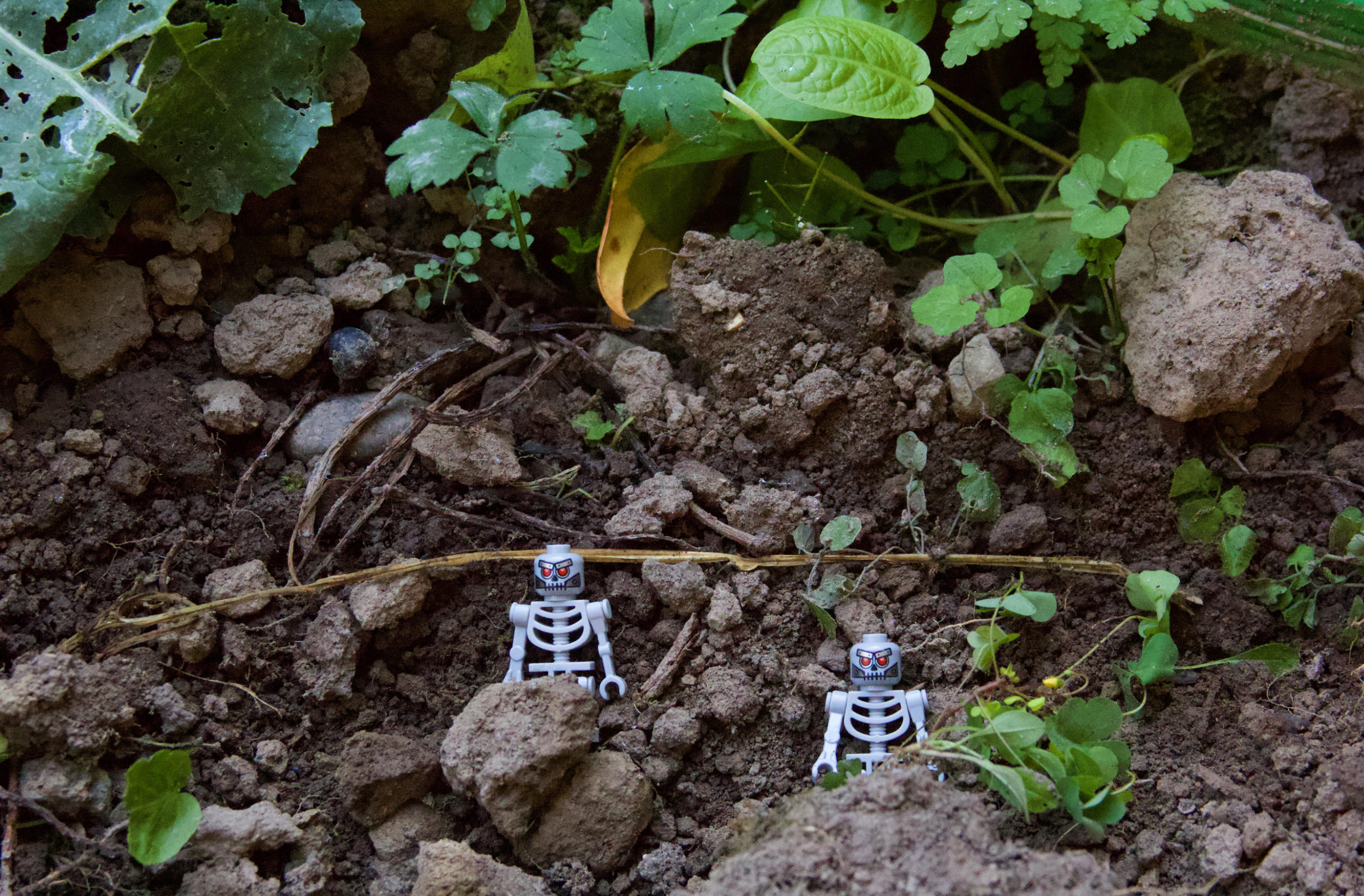This week I watched an interesting video about how much a small YouTube channel can earn. It has me thinking about putting out extra YouTube content for the next number of months, say two videos a week, to see if I can really earn something there. I’m not talking earning enough to stop doing anything else, but say $500-$1000, which based on that video seems like a reasonable goal.
Is there anything you’d like to see me talk about with iPadOS, development, planning, productivity, processes in video format?
Bad relationships are common, and good relationships are hard. Should that be a surprise to us? Being close and connecting with other people challenges every facet of our soul. – Stillness is the Key page 143
Right now I’m talking to the email list about what it takes to stick through 16 years of marriage. If you want to get this extra content subscribe.
If you’ve found my content helpful I’ve opened up a Patreon page. You can help ensure that more helpful content keeps coming.
I Shipped
Monday I reviewed what was supposed to be a stellar set of bluetooth 7.1 surround headphones. If you’re interested go read up on them or watch the video, but really they weren’t great and will become something my 9-year-old uses because she won’t know any better.
I was sent another book recently to review by a publisher and what you get treated to is You Are Awesome by Neil Pasricha. Out of that I also started listening to his podcast which is about finding good books to read. You Are Awesome is all about becoming more resilient to what life throws at you, and was a great read.
I also had something published over at Liquid Web this week, all about using the bullseye method to focus your marketing.
Friday Five
1 Quitting a Freelance Gig
Seth Godin on quitting a freelance gig:
A powerful thing a freelancer can do for her career is to figure out when to fire the bad clients. Firing bad clients is an essential step on the way to finding better ones.
He ends with some great questions you need to ask yourself as you get ready to leave a client.
I don’t think he emphasizes enough how important it is to say no to clients and prospects. This is the hardest lesson I have to help freelancers learn. Just because the client is going to have a hard time finding your replacement doesn’t mean you have to keep doing the work.
That’s their problem, not your problem.
2 Crocs Save the Day
This is just purely a funny video for your day. Crocs as climbing shoes.
I also love it because I too wear crocs for 10 years as my winter slippers because they’re warmer than my flip flops which are summer slippers.
Found it on Adventure Journal.
3 Own Your Domain and Tend Your Garden
Own your own domain and tend your garden.
Cross-post to Twitter or Facebook if you must, but own your turf and tend your garden. Now that you can register your own domain name at micro.blog you have no excuse: it’s easy-peasy.
I’d add to this that if you’re writing a Twitter thread, it should be a blog post every single time. Never should it be a Twitter thread.
I also agree with Ajay that my blog is a growing exploration of what I enjoy and think. I regularly revisit topics to tweak what I have to say about it. I also do read back through the links on the sites I read because they add context and bring up new interesting stuff to read.
I hope you read through my links when I go back to older stuff I’ve written.
4 Chris’ Cost to Leave Google Behind
My friend Chris breaks down what it has cost him to leave Google behind as he looks for a more open web.
The point of this all is, De-Googling isn’t cheap even before one considers the knowledge and experience required to do so. Given this, how then do those of us who want to promote privacy and open-source ever hope to compete?
It cost him about $3k USD to leave Google, and yup he does acknowledge that he’s in a position to do this, but also points us to some places that can help you do it for less as they continue to research open tech without surveillance.
5 The Difference Between What You Have and What You Spend
Derek Sivers on budgeting…really.
It’s not how much you have. It’s the difference between what you have and what you spend. If you have more than you spend, you’re rich. If you spend more than you have, you’re not. If you live cheaply, it’s easy to be free.
While I earn decently, I do end up spending a bunch as well. I’m working on some more methods to cut back what I spend expense wise in the business. The biggest change in that for me was to use Profit First.
That may be the best business decision I’ve ever made in fact.
